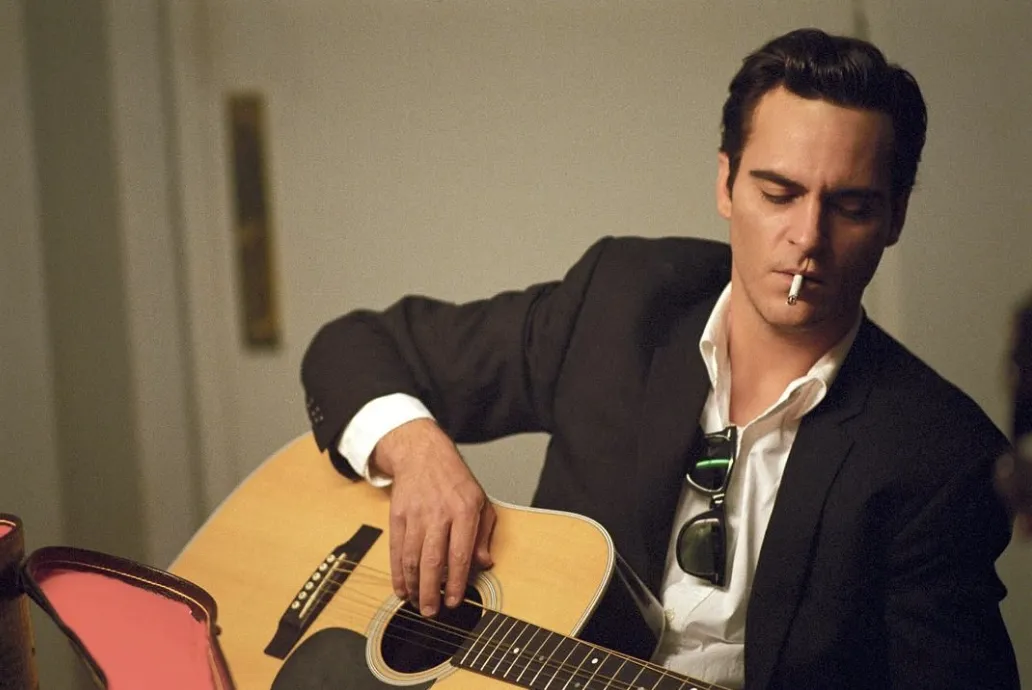At the Oscars, Joaquin Phoenix delivered an emotionally charged and deeply personal speech that struck a chord. He expressed gratitude for the second chances he and many in the room had received, urging unity and support rather than dwelling on past mistakes. His message echoed themes of addressing injustices, be it gender inequality, racism, LGBTQ+ rights, indigenous rights, or animal rights. Every issue fundamentally embodies a struggle against an injustice or a particular viewpoint.

Onstage, Phoenix appeared somber, devoid of any reference to "Joker" or his usual exuberance. Despite facing the camera, his unease and apprehension were evident. Even as he shed the persona, it seemed Phoenix carried the remnants of "Joker," persistently championing the cause of the marginalized and speaking out against injustices.

In a previous interview, Phoenix admitted he didn't fully understand acting. Often, he relied on emptying his mind, allowing himself to absorb the character's essence, seeking to grasp their soul and existence. Labelled as an actor who abandoned technique for "instinctive" performances, Phoenix never aimed to imitate; he simply chose whom to become.
He depicted the process of a character inhabiting his being, coexisting within him, and eventually extracting it as "acting out life." Few individuals truly embody this concept, but Phoenix undeniably does.

When he received the script for "Joker," Phoenix adopted a "physical-first" approach to delve deeper into the character's disturbed state. Throughout the summer, he survived on only one apple a day, shedding 50 pounds. The result in the film was a skeletal "Joker" Arthur, appearing malnourished and wretched, enhancing his gloomy and submissive presence. This extreme weight loss aimed not only at physical unhealthiness but also at portraying mental unhealthiness, projecting an internal pathology outward.


During the "Gladiator" era, Phoenix showcased his talents, embodying the sinister Commodus, a character devoid of humanity, ambitious yet insecure. His portrayal depicted a deep understanding of human "evil" or the annihilation of humanity, seemingly etched into his very being. His performance earned him a nomination for Best Supporting Actor at the 73rd Academy Awards, a small reward for his acting career.

Subsequently, his roles tended towards negativity and melancholy until "Walk the Line" emerged. Here, Phoenix transformed into the singer John, whose life parallels Phoenix's experiences. Immersing himself entirely in the role, Phoenix absorbed John's life through daily readings, music training, and personally recording all of John's singing parts.

Joaquin Phoenix's pursuit of deep character experiences holds near perfection. To authentically portray John Cash's alcoholism and addiction, he delved into heavy drinking, even admitting himself into rehab, risking being labelled an addict. For Phoenix, this wasn't about alcohol but about authenticity and rigor in acting. He aimed to understand its physical effects, considering it the most substantial reward for an actor. The reward, for him, doesn't stem from money but from truth.
Phoenix, seemingly an outsider in Hollywood, considers acting as vital as life itself. "Walk the Line" earned him a Golden Globe for Best Actor and an Oscar nomination, capturing the attention of independent director James Gray, and leading to collaborations on multiple films.

Later, Phoenix surprised audiences again with the documentary "I'm Still Here." Announcing a hiatus at a charity event, he transitioned into a rap artist, documenting a seemingly chaotic year of his life. The film won the Best Biography Film award at the 64th Venice Film Festival. It was revealed that Phoenix undertook these efforts to break free from the character's grip, feeling trapped in a self-imposed ordeal and yearning to rediscover himself.

For two years after "I'm Still Here," Phoenix remained largely out of the public eye until "The Master." Returning once more, he transformed physically for the role, depicting a psychologically traumatized Navy veteran post-World War II, mastering the portrayal of suffering personalities. His dedication even led him to undergo dental procedures for a specific look required for idealizing a smirk in the character.

In his quest to delve into the darker aspects of humanity or perhaps his own inner shadows, Phoenix adopted an almost "by-any-means-necessary" approach. Whether in "Walk the Line," "The Master," or "Joker," he tirelessly excavated himself, hollowing out "Phoenix" to allow the character to take residence, birthing the enduring persona of "Joker" Arthur.

Though evil, Arthur is free. He embodies extreme insecurity, self-loathing, tension, and repression, yet Joker is free. While many of us restrain ourselves within societal boundaries, Joker's defiance of these norms makes him captivating. Likewise, Phoenix, as his true self, might never achieve complete liberation. Yet, by disregarding the Oscars and not placing importance on awards, he finds a certain degree of freedom.

In the end, our aspiration is for him to discover a limitless, equitable, serene, and compassionate portrayal in his roles, fulfilling his aspirations.

















Share your thoughts!
Be the first to start the conversation.